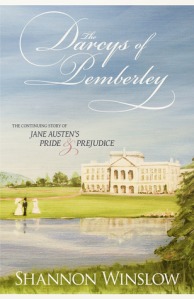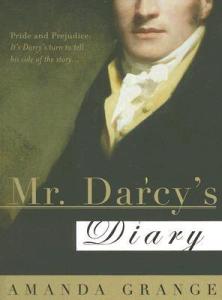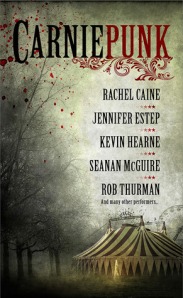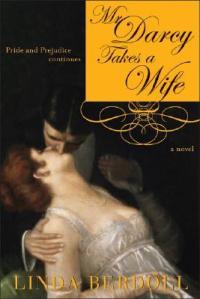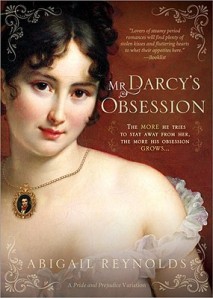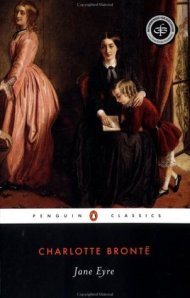I am a sucker for just about anything gothic. That word conjures different meanings for people and there are multiple genres that employ gothic tropes. There is Southern Gothic, Gothic Romance, and of course…. Straight-Up-Regular Gothic (?). Post-modern gothic? I don’t know. When you say gothic people might only think of the old 18th, 19th century genre, often written by English writers, the setting somewhere fabulous like the wilds of Italy or the depths of French forests and were often “historicals” when they were written. There are plenty of modern novels with touches of the gothic about them. Sometimes it’s all about mysterious houses, tragic heroines that need rescuing or has a paranormal element. Legacy by Katherine Webb is, to me, definitely gothic in nature, but it’s the past that does the haunting, not a ghoul or a goblin.
Here is the blurb and the link to Goodreads.
When they were children, Erica Calcott and her sister, Beth, spent their summer holidays at Storton Manor. Now, following the death of their grandmother, they have returned to the grand, imposing house in Wiltshire, England. Unable to stem the tide of childhood memories that arise as she sorts through her grandmother’s belongings, Erica thinks back to the summer her cousin Henry vanished mysteriously from the estate, an event that tore their family to pieces. It is time, she believes, to lay the past to rest, bring her sister some peace, and finally solve the mystery of her cousin’s disappearance.
But sifting through remnants of a bygone time is bringing a secret family history to light—one that stretches back over a century, to a beautiful society heiress in Oklahoma, a haunting, savage land across the ocean. And as past and present converge, Erica and Beth must come to terms with two shocking acts of betrayal . . . and the heartbreaking legacy they left behind.
One thing all gothic novels must have is a rich setting. As they so often say in the movies, the setting is like a living, breathing character. Storton Manor is just such a place. Much of the house is in disrepair, its former glory beneath layers of dust and decay. The sisters spent much of their youth there and the place is thick with old memories and as Erica discovers, secrets. Their cousin Henry disappeared and neither of them seems to remember exactly what happened. The longer they stay, the more Erica wants to get to the bottom of the mystery, and the more Beth wants to leave. It helps Erica’s cause when Beth’s son comes to stay for the summer holiday. It doesn’t help when their old friend Denny reappears. Here is our romantic element. But is he? Erica always had a thing for him, but when they were girls, it was Beth Denny loved. The closer they become, the more Erica is convinced that Denny holds the key to unlocking her memories around Henry’s disappearance.
The doings at Storton Manor in the present isn’t the only setting. We get our mysterious, creepy house that is decidedly English, and then the faded old history set in a mysterious land running as a subplot. While we watch Erica try to get to the bottom of her sister’s depression and her cousin’s disappearance, we watch their great-grandmother in her youth. The reader is left wondering how on earth did this American woman end up in England, marrying a Lord and becoming great-grandmother to these women? And how did the sweet, gentle thing we know have such an empty-hearted bitch of a daughter?
I hate the old nugget of writer-rule that says not to use flashbacks. Most of my favorite novels heavily employ flashbacks. When the author does their job, ie: tells us a damn story and tells it well, the reader doesn’t care. I did get impatient to get back to one or other of the story lines, but that was the work of clever cliffhangers. It’s the same thing that happens when you have a multi-point-of-view novel carefully constructed by the author to keep you turning those pages. No one says don’t employ multiple points of view.
I’ve got a lot to recommend here. Good pacing, a good, twisty-turny plot, great characters, rich setting, a touch historical, a touch gothic, even a touch coming-of-age. I’m definitely going to check out some of Katherine Webb’s other books.


